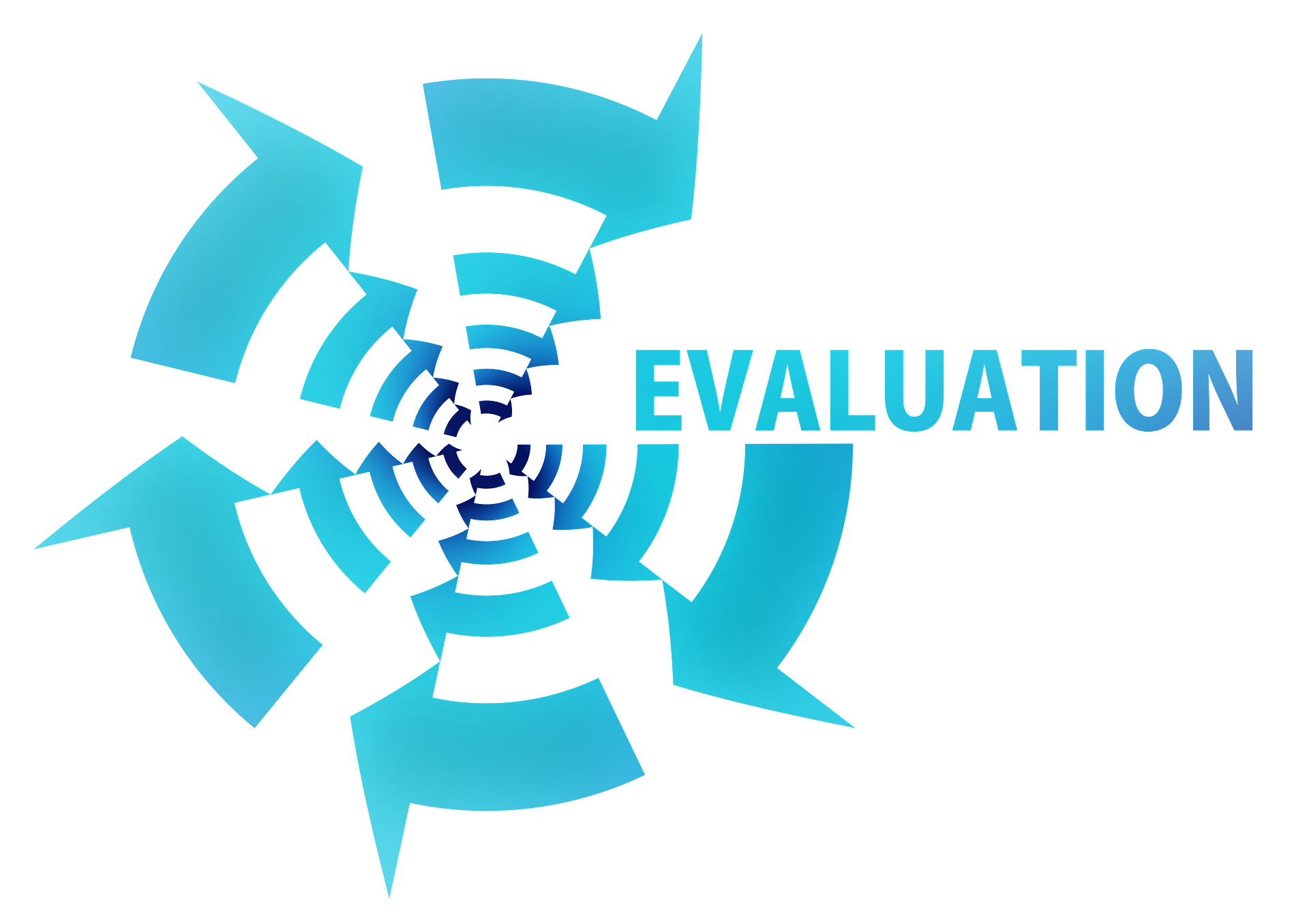
Experiential career counselling: A holistic approach to working with clients in transition
June 5, 2019
Challenges and opportunities in qualitative career assessment
June 5, 2019Evaluations can offer insights into clients’ satisfaction and success
Peggy Shkuda
How can we measure our success as career counsellors and educators? No matter where we work, we all want to deliver excellent service, but measuring the outcome of individual sessions is not easy.
Many of us rely on our own intuition and experience to judge the success of our one-on-one sessions – an inherently biased assessment. We may believe we made an impact, but the client could think otherwise. For example, the client may be disappointed because we asked hard questions, challenged their views or did not provide an easy answer to their career concerns. Does that mean we did not do a good job? On the other hand, we may believe that the session did not go well, but the client took away an important insight that was not evident to us. Without proper metrics to evaluate our work, how do we know that we are facilitating growth or helping our client achieve his/her goals?
Using assessments to measure success
At the University of Toronto Mississauga, we use a two-pronged method: client evaluation and counsellor evaluation.
Client evaluation
Once a year, we ask students to evaluate their one-on-one sessions through client-satisfaction surveys. We have two different evaluations – one for first-time sessions and another for returning students. Generally, the results have been favourable, with most students indicating they were satisfied with the session, felt heard and would recommend the service to a friend. Some students said that the appointments could have been better if they had been more prepared. This indicated to us that students gained some insight into how their role influenced the outcome of the session. We continue to use this method of assessment, because we value the client’s perspective.
However, this method of evaluation does not always give us insight into how successful the client has been in addressing their concern. Client satisfaction and client success are not necessarily the same thing. For instance, a client may be very satisfied because we focused all our attention on them, actively listened and appeared genuinely engaged with their problems when no one else was. While a strong, non-judgmental client-counsellor relationship is important to the process, we also want to learn whether we were effective in helping the client move forward after their appointment.
Another concern is that annual or bi-annual evaluations tell only part of the story, capturing a moment in time. For initial appointments, much of the time is spent developing a positive rapport, gathering information and inquiring about the client’s goals. We may have been successful in developing a positive relationship, but haven’t really focused specific actions toward the goals; we’ve just begun to identify them.
Evaluations using longitudinal studies are another potential source of evidence-based information for one-on-one sessions. One way to do this would be to keep data on a variety of clients who seek career guidance and then track their sessions over an extended period. This type of study can take place over a period of weeks, months or years. At our Career Centre, we hold one-on-one appointments to go through evaluations with student staff at the start of their employment and at the end of their work term. The students also have access to follow-up appointments with a career counsellor. We noticed that career education, career decision-making, planning and confidence improved from the initial counselling session.
We have also tried this method with large numbers of students participating in a series of class workshops and have seen progression in self-clarity, comfort in making a career decision and knowledge of occupations. Interestingly, in some groups, we found a decrease in decisiveness on a specific career, which we hypothesized came from deeper exploration into self and occupations, resulting in students re-evaluating their career decisions. There are limitations to longitudinal studies, however, because students drop out, which means that the data collected may not always be reliable with a shrinking sample size. The data is still useful for observing trends that can be investigated further via focus groups or individual interviews.
Counsellor evaluation
The second method we have introduced is a self-reflection exercise that the counsellor completes immediately after the session. The exercise includes questions such as:
- Was I able to clarify what the presenting issue was in order to better understand the student?
- Were there aspects of the discussion that were difficult for the student?
- Were we able to find a common understanding of the issue/question that the student identified by the end of the session?
- How do I know this? What else could I have done to improve the discussion?
This type of self-reflection has the potential to be helpful because it creates a method for each counsellor to go beyond a gut reaction to a session by providing a guided set of challenging questions that forces us to reflect. The outcome of this two-pronged approach remains to be seen but I am hopeful that it will lead to positive outcomes for both counsellor and client.
Despite the limitations of any evaluation, they are worthwhile because it gives you some indication on how effective your service is. They may take you out of your comfort zone, but with a supportive leader and a great team, evaluations can be helpful to your professional growth. If you are in private practice, consider implementing evaluations so that you are not working in a vacuum. Regular evaluations can help improve service delivery and, in the end, benefit our clients. Isn’t that what we all want?
Peggy Shkuda has a Master of Education specializing in counselling psychology with a focus on career development. She is also a registered psychotherapist with 10 years of experience working as a career counsellor in the corporate and not-for-profit sectors. She currently works as a career counsellor at the University of Toronto Mississauga campus. Prior to that, she enjoyed a successful career as a TV documentary producer/director specializing in arts programming.


